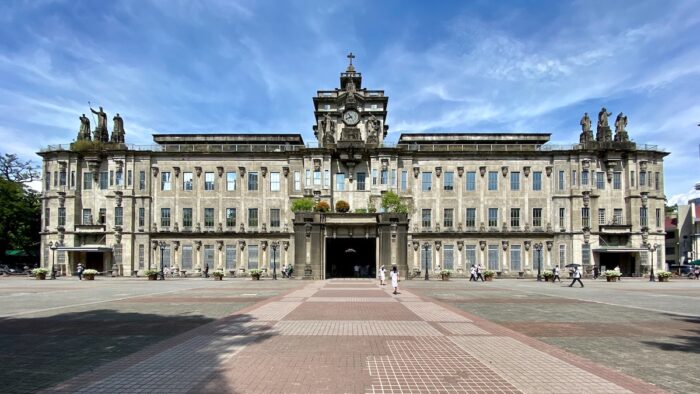Out of Town Blog
Study Abroad in the Philippines: A Guide for International Students
Learn how to study abroad in the Philippines.
Education is vital in building character and increasing one’s knowledge. It provides equal opportunities and stability, making us confident in life and our future. As the world becomes more open and connected, many students seek to study abroad to have a competitive edge and increase their global marketability. Although many countries offer world-class education and facilities, most international students prefer to study overseas in the Philippines.
An archipelagic nation in Southeast Asia, the Philippines not only boasts beautiful natural surroundings and friendly locals. But this county is also home to some of the top universities in the world, producing highly proficient professionals in varying fields for generations. Apart from its quality education and stunning tourist spots, the Philippines offers low-cost living expenses and tuition fees. That’s why this country is an attractive destination for international students.
If you want to get a quality education cost-effectively, read on as we share our guide to studying abroad in the Philippines for international students and boost your edge in the global job market.
Cost of Studying in the Philippines
Probably one of the top reasons why many international students prefer to study in the Philippines is due to low-cost tuition fees and living expenses. But how much does it cost to study in the Philippines? In this article, we’ll discuss the general tuition fees and living expenses you should prepare for if you opt to study in the Philippines.
Tuition Fees & Scholarships
While the Commission on Higher Education (CHED) regulates schools in the Philippines, these institutions can freely set their tuition fees. Most schools in the country have tuition fees cost around $1,000 to $2,500 per school year to remain competitive. But engineering and medicine courses and the likes have the highest tuition fees. In general, these fees applies to all three levels of higher education, including bachelor’s, master’s, and doctor’s degree.
Doctoral students with a Special Study Permit (SSP) usually convert it to a work permit, allowing them to study while teaching part-time. The tuition fees are payable in Philippine pesos thru a bank or international transfer. Also, don’t forget to keep the receipt since you’ll use…
Click Here to Read the Full Original Article at Out of Town Blog…
